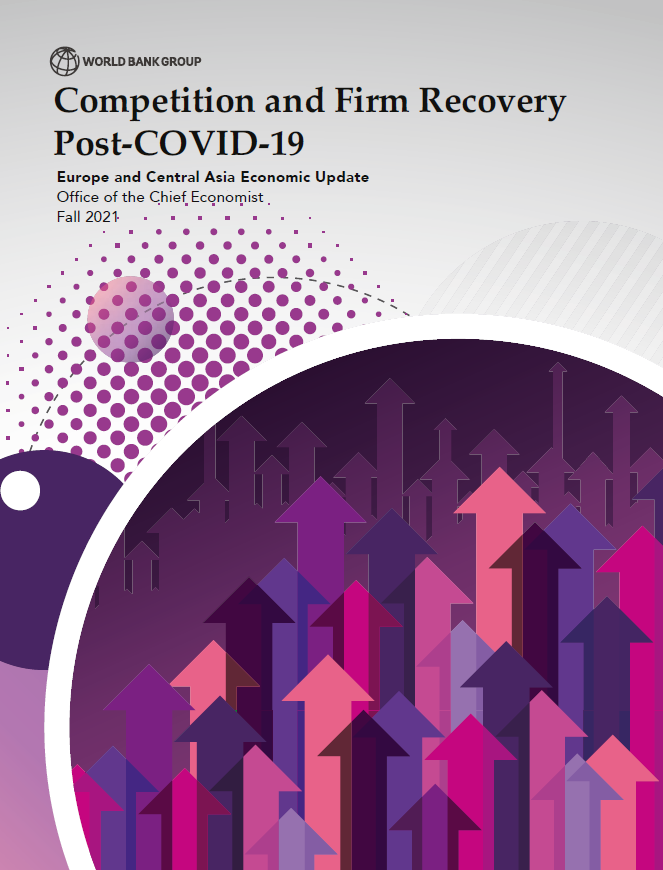"Although global economic activity is recovering and output in Europe and Central Asia (ECA) is expected to grow in 2021, containing COVID-19 remains a challenge in the region. Enterprise survey data for the emerging and developing countries in the region show that COVID-19 had a profound and heterogeneous impact on firms. Smaller, younger, and female-run businesses were hit harder and had greater difficulty recovering. But the crisis also played a cleansing role and economic activity in ECA appears to have been reallocated toward more productive firms during the crisis, particularly in countries with more competitive markets.
Firms with high pre-crisis labor productivity experienced significantly smaller drops in sales and employment than firms with low pre-crisis labor productivity and were also more likely to adapt to the crisis by increasing online activity and remote work. Many governments in ECA implemented broad policy support schemes to address the initial economic fallout from the crisis. Overall, this government support was more likely to go to less productive and larger firms, regardless of the level of their pre-crisis innovation. As economies enter the economic recovery phase, it will be important for policy makers in all countries to phase out broad policy support measures as soon as appropriate and focus on fostering a competitive business environment, which is key to a strong recovery, resilience to future crises, and sustainable, long-term economic growth."
The report was prepared by the World Bank in English and in Russian languages (summary document only). Access the full report in English and its summary in Russian.
Source: World Bank. 2021. Europe and Central Asia Economic Update, Fall 2021 : Competition and Firm Recovery Post-COVID-19. Washington, DC: World Bank. © World Bank. https://openknowledge.worldbank.org/handle/10986/36296 License: CC BY 3.0 IGO.
Illustration: Lauren Kaley Johnson



